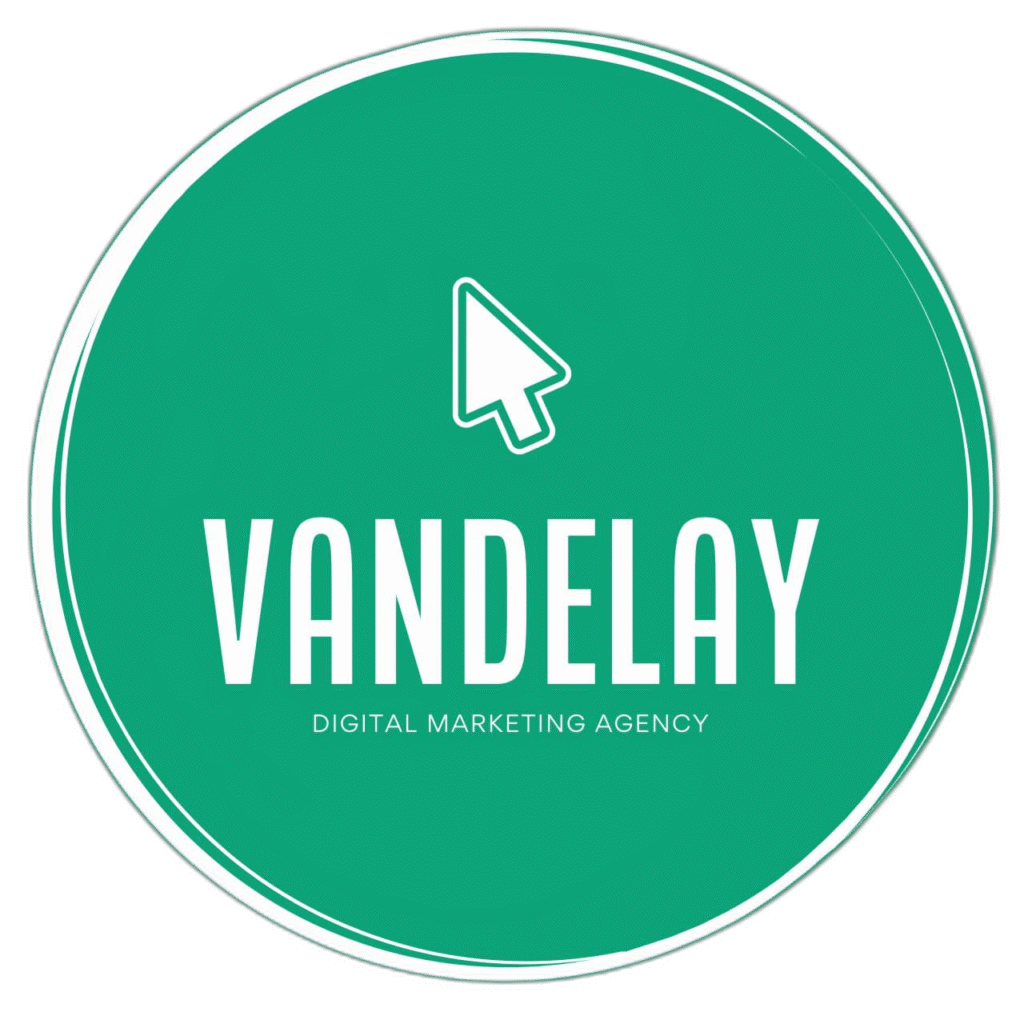Technological progress has given rise to a new frontier in the digital world: the metaverse. The metaverse refers to a shared virtual space, where people can interact with each other and with digital objects in real time. This innovative dimension offers a wide range of possibilities for digital advertising and marketing. In this article, we will explore the implications of the metaverse in these areas and how it is transforming the way brands communicate with their audience.
A new advertising canvas:
The metaverse gives marketers a new canvas for storytelling and product promotion. Brands can create immersive experiences in three-dimensional digital environments, allowing users to interact with their products in ways never before imagined. From personalised avatars to the ability to virtually try before you buy, the metaverse opens the door to more immersive and compelling advertising. In addition, augmented reality and virtual reality can be combined with the metaverse to deliver even more immersive and realistic experiences.
Enriched brand experiences:
The metaverse offers the opportunity to create highly immersive and memorable brand experiences. Brands can organise virtual events, such as concerts, art exhibitions or fashion shows, that transcend physical barriers and reach global audiences. These experiences not only generate greater brand recognition, but also foster a deeper emotional connection with consumers. Users can explore themed virtual environments created by brands, participate in interactive activities and share their experiences on social media, amplifying brand reach and encouraging community engagement.
Communities and collaboration:
The metaverse encourages the creation of online communities, where users can connect with like-minded people and share common interests. Brands can leverage these communities to build stronger relationships with their target audience. By actively participating in the metaverse, companies can collaborate with users to design new products, improve the customer experience and gain valuable insights into market preferences and needs. Community participation in product co-creation can generate a sense of ownership and brand loyalty, as well as drive innovation and differentiation in the marketplace.
Native advertising and sponsorship:
In the metaverse, advertising can be integrated more organically and non-intrusively into the digital environment. Brands can sponsor virtual spaces, events or activities, providing added value to users while subtly promoting their products. This form of native advertising is perceived as more acceptable by users, as it does not interrupt the experience, but rather enriches it. For example, a clothing brand could sponsor a virtual dressing room where users can try on different garments and receive personalised recommendations. Native advertising in the metaverse is based on creating relevant and valuable experiences for users, thus generating a more genuine and lasting connection with the brand.
Ethical challenges and considerations:
While the metaverse offers exciting opportunities for digital advertising and marketing, it also poses challenges and ethical considerations. It is essential to strike a balance between the promotion of products and services and the privacy and security of users. Brands must be transparent about data collection and ensure that users have control over their personal information. In addition, inclusion and diversity should be taken into account in the design and implementation of experiences in the metaverse to avoid exclusion or discrimination. Brands should strive to create an inclusive, accessible and safe metaverse where all users feel welcome and represented.
The metaverse is changing the way brands interact with their audience and how consumers experience the digital world. Digital advertising and marketing is transforming as companies explore the possibilities offered by this new virtual territory. From creating immersive and memorable experiences to collaborating with users and native advertising, the metaverse presents a vast array of opportunities for brands willing to embrace this new digital dimension. However, it is critical to address ethical challenges and ensure user privacy and security. With an ethical and user-centric approach, the metaverse can become a powerful driver of innovation and growth in the field of digital advertising and marketing.

